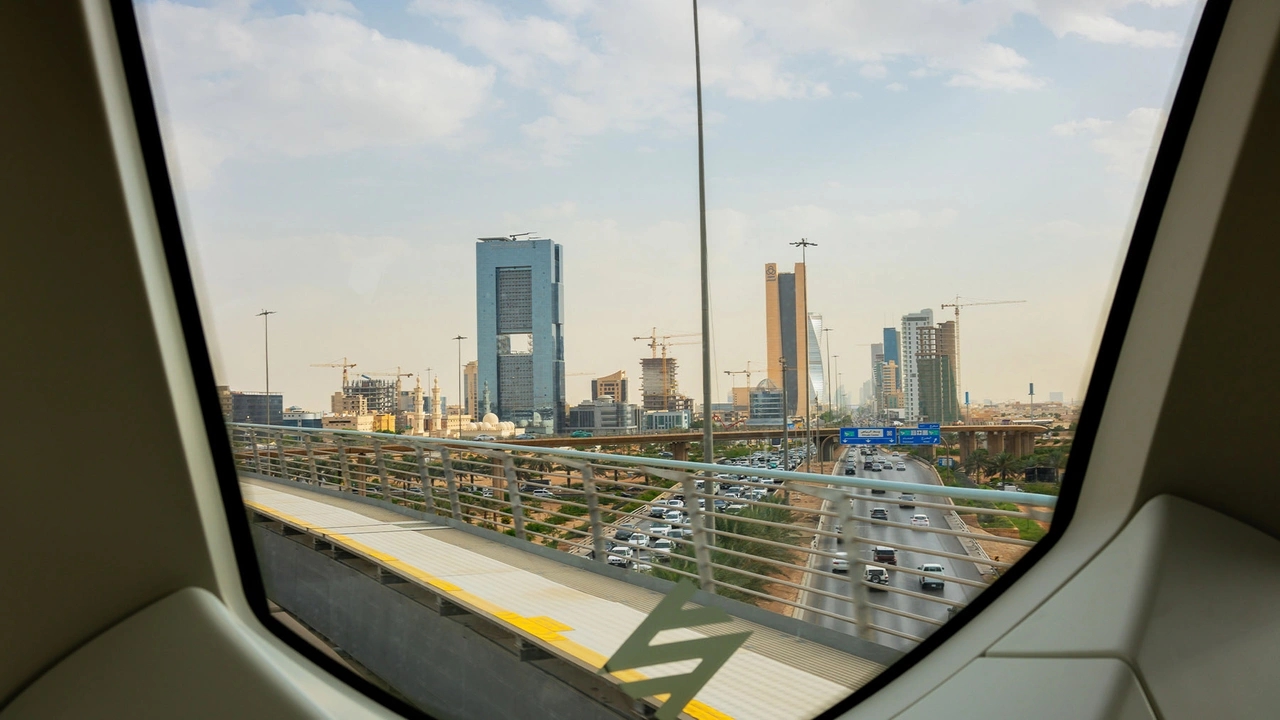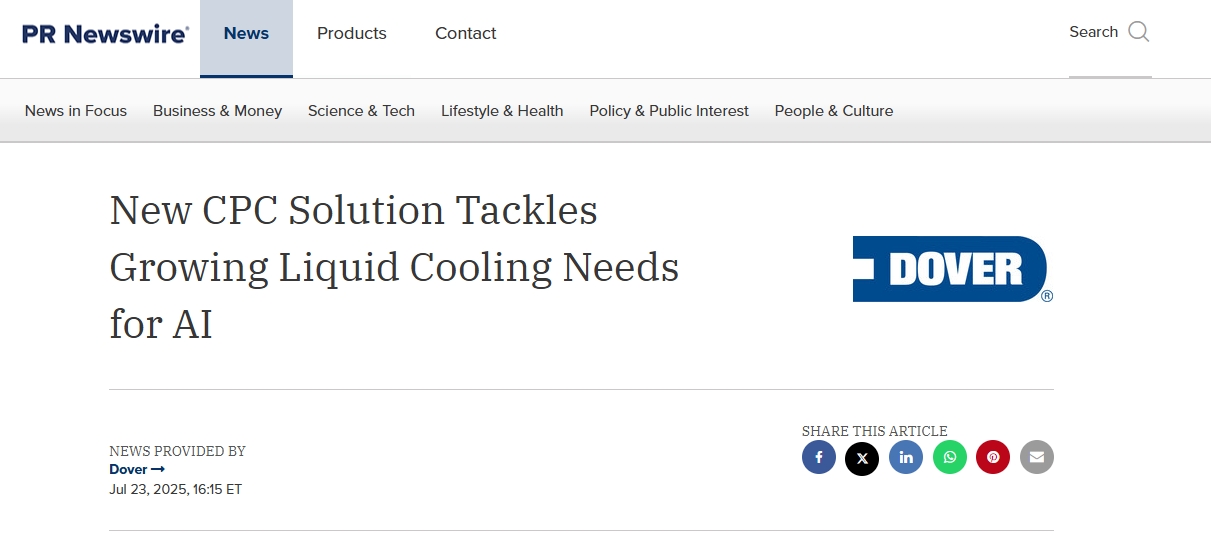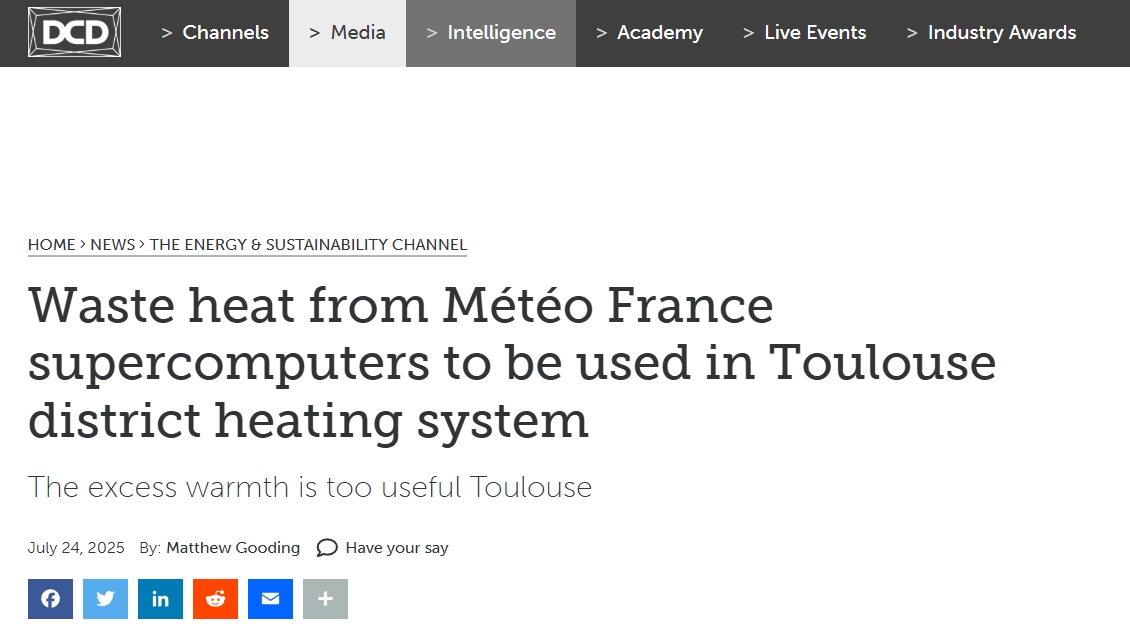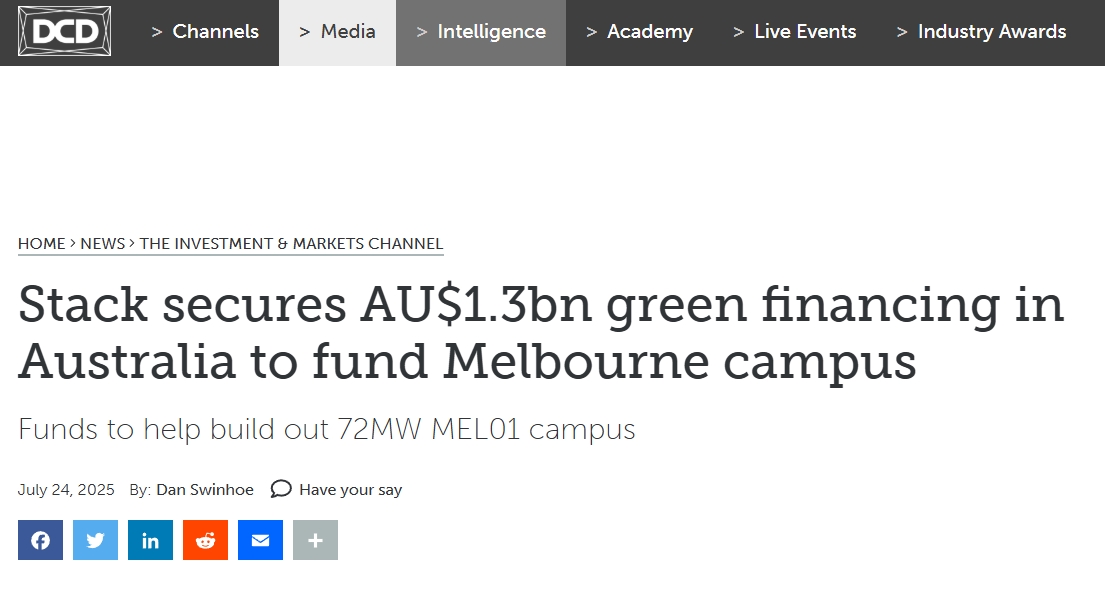Khazna has identified two locations for data centers in Saudi Arabia, where it competes with several local businesses.
Khazna, a data center developer in the United Arab Emirates, is planning a major expansion in neighboring Saudi Arabia as the oil-rich nations compete to power the artificial intelligence boom.
“We’re hoping to get at least 25% of market share there,” Hassan Alnaqbi, Khazna’s chief executive officer, said in an interview at the company’s Dubai headquarters.
Khazna has identified two locations for data centers in Saudi Arabia, where it competes with several local specialists and telecommunications firms. Alnaqbi also sees startup data center developers active in the market. “None of them have the experience to handle the hyperscalers, in terms of design, delivery and operation,” he said.
American cloud-computing giants, or hyperscalers, have increasingly looked to the Persian Gulf for expansion, tapping the region’s ample cheap energy and real estate. Meanwhile, the UAE and Saudi Arabia have made AI infrastructure central to their economic diversification strategy, setting off an expensive race to build warehouses that store servers and cutting-edge chips.
Khazna, which was formed by wealth fund Mubadala, has said it is the largest data center operator in the Middle East and North Africa. In 2022, the company became part of G42, the Emirati tech conglomerate backed by Microsoft Corp. Alnaqbi said Khazna has 71% of the UAE’s current data center capacity and is looking beyond the country after recent funding from Silver Lake and Abu Dhabi fund MGX.In February, those investors bought out a 40% stake from Emirates Telecommunications Group Co. worth $2.2 billion, implying a $5.5 billion valuation for Khazna.
Alnaqbi declined to comment on Khazna’s valuation. He said his company employs about 250 people and has seen steady gains in revenue. “In some years, we have been growing tenfold,” he said.
Saudi Arabia recently mandated that personal and financial data be stored in local data centers, pushing international companies to put facilities in the country to avoid losing lucrative contracts. Amazon.com pledged last year to spend $10 billion on data centers in the country. Both Google and Oracle Corporation announced expansion plans there past year.
Still, Microsoft, one of the largest data center spenders, has recently pulled back on some of its projects across the globe, Bloomberg News reported earlier this month.
In March, analyst firm Research and Markets predicted that some $12 billion of new data center investments will pour into the Middle East and North Africa by 2027. Saudi Arabia currently accounts for almost half of the region’s data center capacity, according to the firm.The country is currently building upwards of two gigawatts in computing capacity, Abdullah Alswaha, Saudi Arabia’s Minister of Communications and Information Technology, said in a guest lecture at Stanford University earlier this year. He said these operations cost between $8 million and $12 million per megawatt (or up to $12 billion per gigawatt). “It jumps to 20 or 30 million, depending on who you work with,” Alswaha said in the lecture.
The kingdom is one market in Khazna’s expansion plans. Alnaqbi said Khazna has a dozen data centers under construction globally, including locations in Turkey and Kenya, with additional plans for Europe. Overall, the company said it provides 263 megawatts of computing power with another 175 megawatts under construction.
Last year, when Microsoft invested $1.5 billion into G42, the Emirati company pledged to divest from Chinese technology holdings and strip out Chinese-made equipment. Alnaqbi said components from China’s Huawei have been “phased out” of Khazna’s data centers.
The UAE is currently on a list of countries that faces restricted access to leading American-made AI chips. But the G42 CEO and an Emirati official said earlier this month that they were optimistic about that changing.








